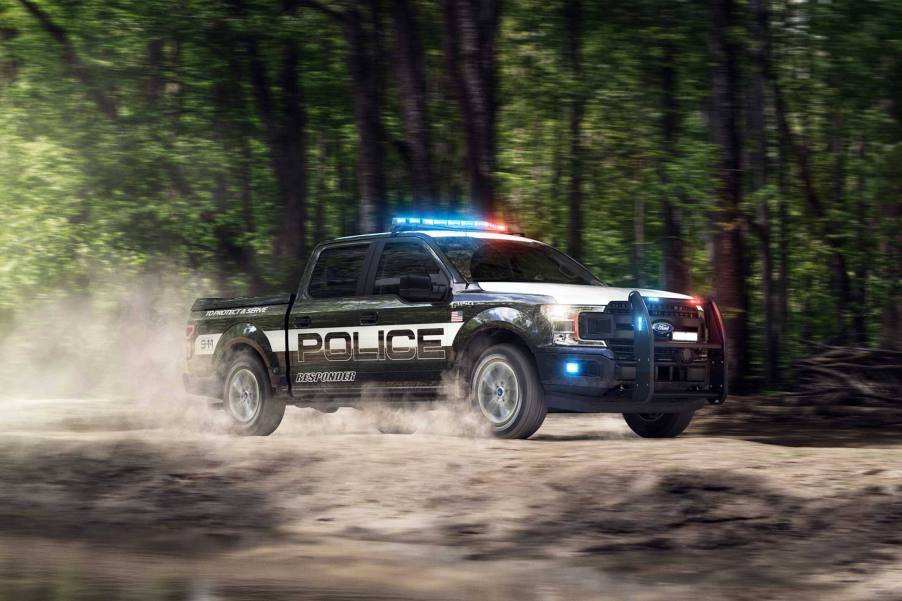
Counterfeit Car Parts Makers Impair Driver and Occupant Safety
The Organisation for Economic Co-operation and Development says $509 billion annually is pirated in spare parts. This counterfeit problem affects all automakers big and small. Sadly, customers may think they are getting a factory authorized replacement part, but in fact, may instead be receiving a lookalike substandard part that was made as economically inexpensive as possible. This tarnishes the reputation of the true manufacturer and is also a theft from the manufacturer’s coffers. Car theft may be a big deal, but so is theft through counterfeit parts.

Who is affected by counterfeit car parts
According to Unifab, there is a legitimate concern that customers who buy counterfeit products could be purchasing products that do not even meet minimum legal guidelines. The parts may look like the original but may have been made with inferior parts by workers forced to work through inhuman conditions. So, the counterfeit parts may represent a risk to the consumer and elongate a forced labor environment.

According to Sophie Peresson at the World Trademark Review, the dangers of counterfeit parts are very real. Peresson says,
- Airbags help slow passenger movement and protect passengers in the event of a collision. Deployment and the timing of this deployment are critical. Airbags also work with other safety mechanisms built into vehicles and must meet exacting specifications, to which counterfeits do not comply.
- Engine and drivetrain components (eg, spark plugs, oil filters and air filters) can contribute to engine failure and pose a fire risk if they are fake.
- Brake pads have been found to be made of sawdust and compressed grass or asbestos, which negatively affect stopping ability as they smoke and disintegrate under pressure.
- Fake automotive body parts may not align with optimal crumple zones, which impact on passenger safety in a collision. They may fail to protect and instead become the cause of injury in the event of an accident.
- Electrical components that are fake, including lights, can lead to electrical failure and fire risk.
- Wheels are made to withstand speed and poor road surfaces. However, counterfeit parts have shown that integrity can be compromised quickly.
- Fake windscreens can shatter or displace, injuring or failing to provide any protective barrier to passengers.
Brand protection is customer protection
Daimler is doing something about it. According to a Daimler press release this morning, Renata Jungo Brüngger, Member of the Board of Management of Daimler AG and Mercedes-Benz AG said, “In 2019, we initiated, supported and accompanied more than 520 raids by the authorities. A total of more than 1.6 million fake Daimler products were confiscated. In many cases, they were safety-relevant spare parts such as brake disks, wheels, and windshields.”
Brüngger also added, “Brand protection is customer protection: Our customers’ safety is our top priority. We pursue a zero-tolerance strategy towards counterfeiters. That’s why we have set up a separate department to put a stop to counterfeiting.”
Big manufacturers are not suffering the counterfeit thefts alone
Daimler’s efforts are paying off a little bit at a time. But, it would be remiss to not mention that Daimler and large manufacturers are not alone. Even smaller aftermarket companies see the problem. Greg Higgs, of Fab Fours, has a company that builds parts for customers to modify their offroad trucks and SUVs. One of these products is a custom front bumper called the Grumper. Unfortunately, he has had a customer call his customer service department to try and get a warranty claim. Upon inspection, the offending part is was a counterfeit. Mr. Higgs discusses how that affects his company in the video below at the 38:20 timestamp.
For the general public that is not aware of what to look for in order to identify a counterfeit part, it becomes all the more important to be specific in requesting genuine parts when taking the car in for servicing. The counterfeit parts may be significantly less expensive, but the price paid at the register may be a fraction of the price paid if an important safety part, like an airbag, fails.
Theft so broad that it can only be dealt with a little at a time
It all boils down to compromised safety, wallet theft, and stolen revenue. Consumers’ wallets are being taken by inferior products with questionable safety tolerances and legitimate companies are having their revenue ripped out from under them. It is an ugly situation. Sadly, it is a huge situation that can only be addressed a little at a time.


